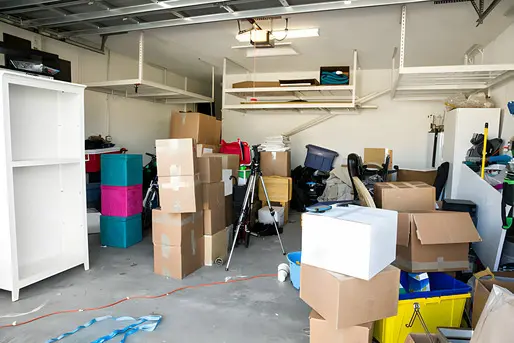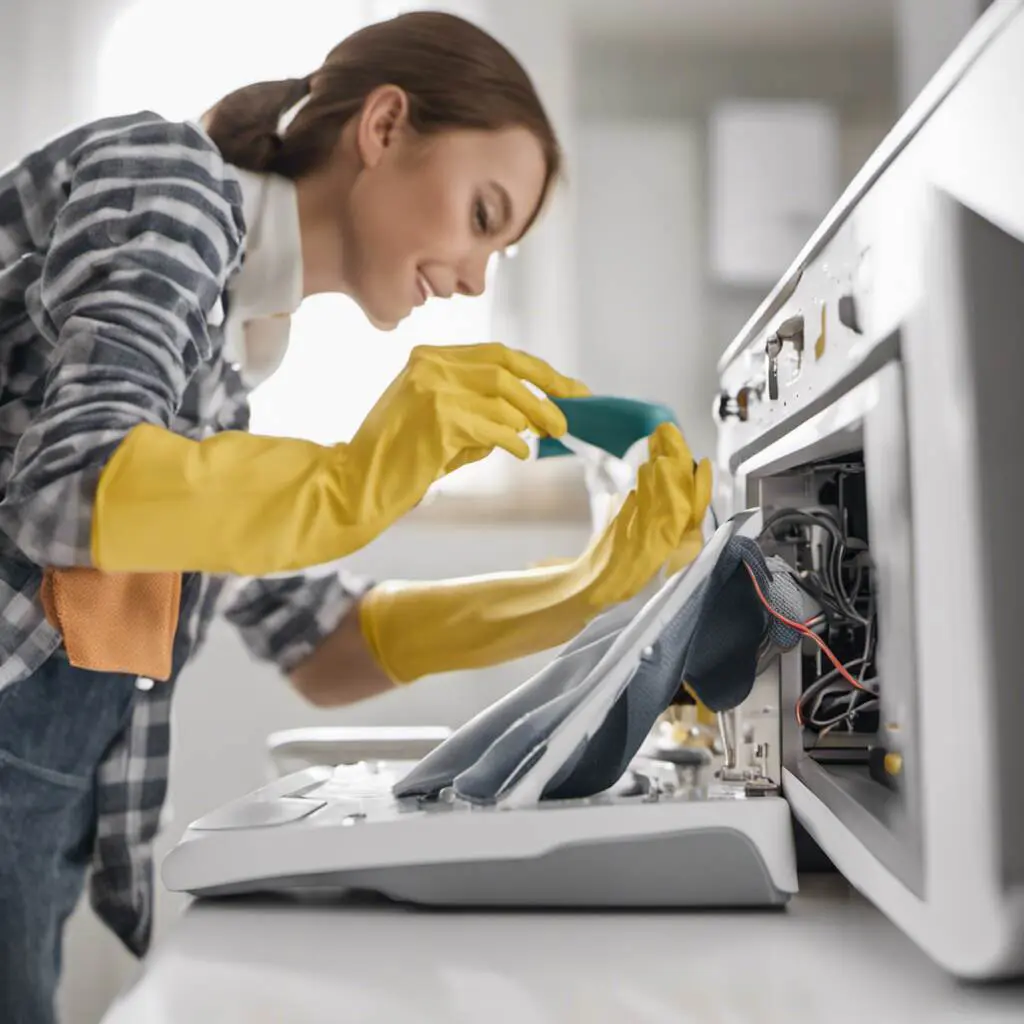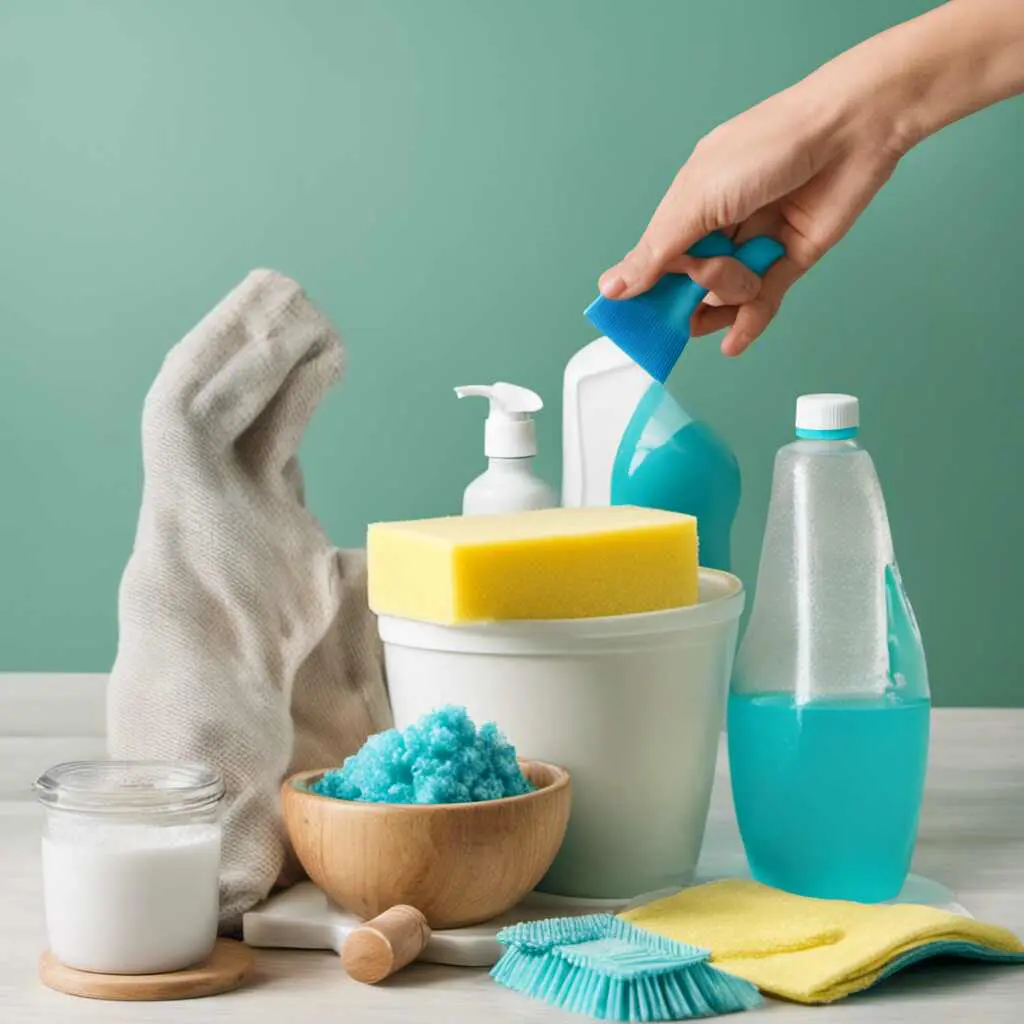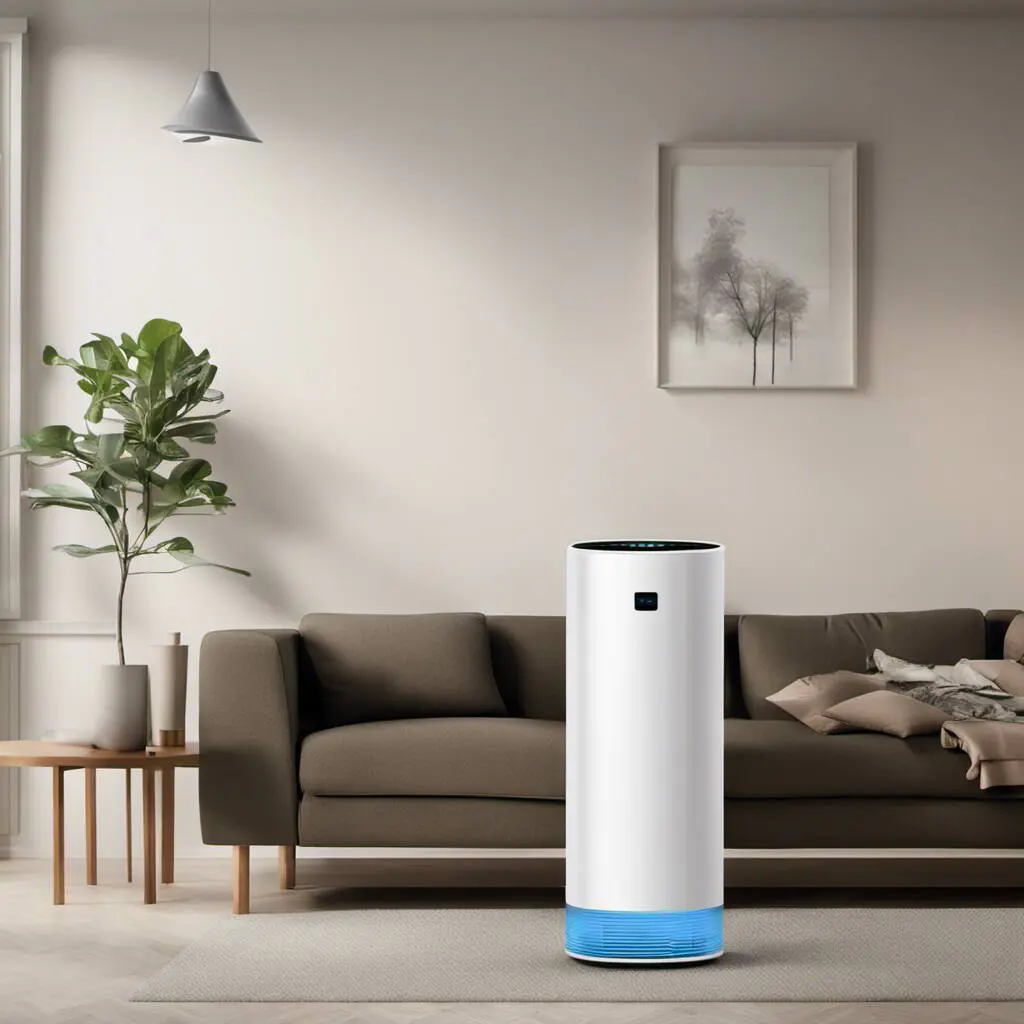
In the hustle and bustle of daily life, our living spaces often become a reflection of our inner world. Imagine your favorite cozy corner or a cluttered desk—these spaces hold more than just objects. They carry the weight of our emotions, affecting how we feel each day. This is where the healing power of a clean space comes into play. In this guide, we’ll explore the simple yet profound connection between our surroundings and our emotions, and how tidying up can become a transformative journey toward emotional well-being.
Have you ever noticed how a clean room feels different from a messy one? It’s not just about appearances; it’s about the impact on our mood and mindset. This guide will break down the link between emotional clutter and the state of our living spaces, shedding light on the stress and anxiety that can accumulate with the mess. But fear not! We’ll also delve into the practical steps to declutter, the benefits of maintaining a tidy space, and how embracing minimalism can bring about a positive change in our lives. So, grab a cup of tea, settle into your favorite chair, and let’s embark on a journey to discover the healing power of a clean space.
Here is our post on The Psychology of Clutter: How a Clean Home Affects Your Well-Being
The Link Between Clutter and Emotions
Emotional clutter refers to the accumulation of unnecessary items and disorganization in our living spaces that mirrors our inner state of mind. It can lead to stress, anxiety, and a sense of overwhelm.
The Psychological Impact
Research shows that a cluttered environment can contribute to heightened cortisol levels, a hormone associated with stress. It also affects decision-making and concentration, creating a cycle that perpetuates emotional clutter.
Breaking the Cycle
Recognizing the link between clutter and emotions is the first step toward breaking the cycle. By understanding how our physical surroundings affect our mental state, we empower ourselves to make positive changes.
The Ripple Effect on Relationships
Emotional clutter doesn’t just affect individuals; it can strain relationships. A cluttered space may lead to misunderstandings, frustration, and a lack of communication. Tackling emotional clutter can improve both personal and professional relationships.
Creating Awareness
Developing mindfulness about emotional clutter involves paying attention to how our spaces make us feel. This awareness lays the foundation for a healthier relationship with our surroundings.
The Benefits of a Clean Space
1. Reduced Stress and Anxiety
A clean and organized space promotes a sense of calm and order. Studies have shown that individuals with tidy homes experience lower levels of stress and anxiety, contributing to better mental health.
2. Enhanced Productivity
A clutter-free environment fosters focus and productivity. With fewer distractions, it becomes easier to tackle tasks and accomplish goals. This boost in efficiency has a positive impact on both personal and professional pursuits.
3. Improved Mental Clarity
Clearing physical clutter also clears mental clutter. A tidy space allows for clearer thinking and decision-making, making it easier to prioritize and strategize in daily life.
4. Better Sleep Quality
Sleep is crucial for emotional well-being. A clean and organized bedroom creates a relaxing atmosphere, promoting better sleep hygiene and contributing to improved overall mental health.
5. Increased Energy and Motivation
A clutter-free space can be energizing. It provides a sense of accomplishment and motivates individuals to engage in activities they enjoy. This positive energy can have a cascading effect on various aspects of life.
See also our post on The Art of Decluttering: A Step-by-Step Guide to Tidying Up
Practical Steps to Declutter
Start Small
Begin the decluttering process by focusing on a small area, such as a desk or a corner of a room. This makes the task more manageable and helps build momentum.
Decluttering Techniques
Explore various decluttering methods, such as the KonMari method or the 20/10 rule. These techniques offer structured approaches to simplify the decluttering process and prevent overwhelm.
Emotional Detox
While decluttering physical items is essential, don’t overlook the emotional aspect. Reflect on the sentimental value of items and be willing to let go of those that no longer serve a positive purpose.
Establish Systems
Create organizational systems that are easy to maintain. This could involve using storage solutions, labeling items, and regularly reassessing your space to prevent future clutter.
Consistent Maintenance
Maintaining a clean space is an ongoing process. Set aside time regularly to declutter and organize, preventing the accumulation of emotional clutter over time.
Integrating Minimalism for Emotional Well-being
Embracing Minimalist Principles
Minimalism encourages intentional living by focusing on what truly adds value to our lives. Adopting minimalist principles can help individuals let go of unnecessary possessions and prioritize experiences that contribute to emotional well-being.
Mindful Consumption
Practicing mindful consumption involves being intentional about what you bring into your space. Consider the emotional impact of new items and whether they align with your values and goals.
The Power of Negative Space
Negative space, or the intentional absence of clutter, can have a profound impact on emotional well-being. Embrace open spaces in your environment to create a sense of calm and simplicity.
Emotional Freedom
Minimalism is not just about physical possessions; it’s also about freeing yourself from the emotional burden of excess. Letting go of unnecessary belongings can lead to a sense of emotional freedom and lightness.
Sustainable Living
Minimalism often aligns with sustainable living practices. By consuming less and focusing on quality over quantity, individuals contribute to environmental well-being, fostering a positive connection between personal and planetary health.
Seeking Professional Support
Professional Organizers
For those feeling overwhelmed, enlisting the help of a professional organizer can provide guidance and support. These experts specialize in creating organized and functional spaces tailored to individual needs.
Mental Health Professionals
In cases where emotional clutter is deeply rooted in psychological issues, seeking the assistance of mental health professionals, such as therapists or counselors, can be instrumental in addressing underlying issues.
Supportive Communities
Joining communities focused on decluttering and minimalism can provide a sense of belonging and encouragement. Sharing experiences and tips with like-minded individuals fosters a supportive environment for personal growth.
Workshops and Resources
Numerous workshops, books, and online resources are available to help individuals navigate the journey to a clutter-free and emotionally balanced life. Investing time in education can provide valuable insights and practical strategies.
Holistic Approach
Combining the expertise of various professionals, from organizers to therapists, creates a holistic approach to tackling emotional clutter. This comprehensive strategy addresses both the physical and emotional aspects, fostering lasting change.
See also our post on The Magic of Microfiber: Cleaning with Technology
Conclusion
In conclusion, the therapeutic benefits of a clean space extend beyond superficial orderliness and encompass a deep connection between our external environment and our internal emotions. Through comprehension of this connection, practical decluttering steps, adoption of minimalist principles, and, when necessary, professional support, individuals can set out on a life-changing path toward emotional well-being. The journey toward a clean and organized space is one of personal discovery, but the rewards are universal: a more tranquil mind, enhanced relationships, and a life enhanced by the positive energy of simplicity.







